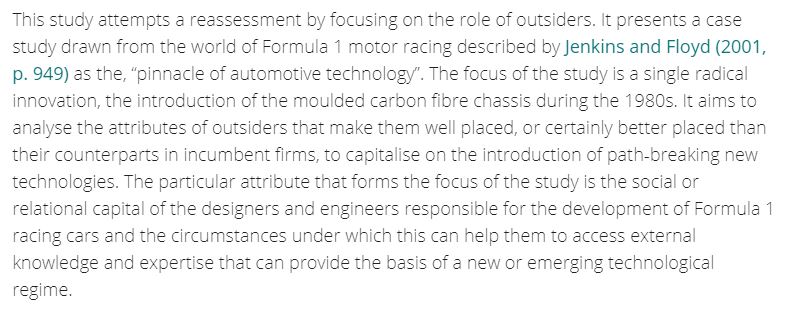Using what you read in what you write – Summarising, paraphrasing and quoting other authors
18/07/2024

University life involves a serious amount of reading and writing. We study the work of other people to inform ourselves about a topic. When we then re-use that knowledge to create our own work, we need to ensure that we use it properly and with respect.
So how do you incorporate what you read into what you write? Here are some techniques to consider.
Summarising
Summarising is a great technique to use when you don’t want to repeat in detail what another author has written, or perhaps you want to refer to several authors at the same time. Just pull out the main points from the original text – leave out any examples and detail – and put them into your own words. Omit anything that is not relevant to your work – but ensure that you understand the original fully before writing. This should give you a condensed overview of the original work.
Does it need a citation? Yes! Ensure that you cite your sources, using either the author and date or numbered citations so that your reader can easily find the original text.
Paraphrasing
Although, like summarising, you are using your own words to convey another author’s ideas, paraphrasing requires much more detail and an in-depth understanding of the original text in order to translate it into your own words. It is a useful technique to use to simplify the language of another text or to highlight specific parts. A paraphrase will normally only be slightly shorter than the original text but identical in meaning. Because you are using your own words to express another’s ideas, paraphrasing allows you to do this without interrupting the natural flow of your language.
Does it need a citation? Yes! Just like summarising, ensure here that you cite your sources, using either author-date or numbered citations so that your reader can easily find the original source.
Quoting
Where you feel that another author’s words would lend some authority to your work or if you just can’t phrase something better yourself, use a quotation.
Quotations involve copying a contributing author’s words exactly as they appear in the original text and enclosing them within inverted commas (“…”). Remember that your readers are interested in your analysis and understanding of a text, not how many quotations you have used. Therefore we advise that you use quotations sparingly, and only where they add something relevant to your work.
Where a quotation is longer than a few lines, it is customary to format this as a separate indented paragraph within your text.
Does it need a citation? Yes! Quotations should always be followed by an in-text citation which includes page details, wherever available.
The example below shows a short quotation, followed closely by some paraphrasing, cited in the APA7 style. Note the page reference included for the quotation. Anyone following the numbered (NLM) referencing style would simply replace the date with the number assigned to the same item within their reference list, but again follow that with a comma and page number).

Smith, D.J. (2012). Technological discontinuities, outsiders and social capital: a case study from Formula 1. European Journal of Innovation Management, 15(3), 332-350. https://doi.org/10.1108/14601061211243666
[Extract from p332. Screenshot courtesy of Emerald Insight].
If you have any questions at all about citing your sources, please contact us. We are more than happy to help.
Feature image from Pixabay. Available at: https://pixabay.com/photos/student-typing-keyboard-text-woman-849822/
Categories & Tags:
Leave a comment on this post:
You might also like…
Keren Tuv: My Cranfield experience studying Renewable Energy
Hello, my name is Keren, I am from London, UK, and I am studying Renewable Energy MSc. My journey to discovering Cranfield University began when I first decided to return to academia to pursue ...
3D Metal Manufacturing in space: A look into the future
David Rico Sierra, Research Fellow in Additive Manufacturing, was recently involved in an exciting project to manufacture parts using 3D printers in space. Here he reflects on his time working with Airbus in Toulouse… ...
A Legacy of Courage: From India to Britain, Three Generations Find Their Home
My story begins with my grandfather, who plucked up the courage to travel aboard at the age of 22 and start a new life in the UK. I don’t think he would have thought that ...
Cranfield to JLR: mastering mechatronics for a dream career
My name is Jerin Tom, and in 2023 I graduated from Cranfield with an MSc in Automotive Mechatronics. Originally from India, I've always been fascinated by the world of automobiles. Why Cranfield and the ...
Bringing the vision of advanced air mobility closer to reality
Experts at Cranfield University led by Professor Antonios Tsourdos, Head of the Autonomous and Cyber-Physical Systems Centre, are part of the Air Mobility Ecosystem Consortium (AMEC), which aims to demonstrate the commercial and operational ...
Using grey literature in your research: A short guide
As you research and write your thesis, you might come across, or be looking for, ‘grey literature’. This is quite simply material that is either unpublished, or published but not in a commercial form. Types ...






